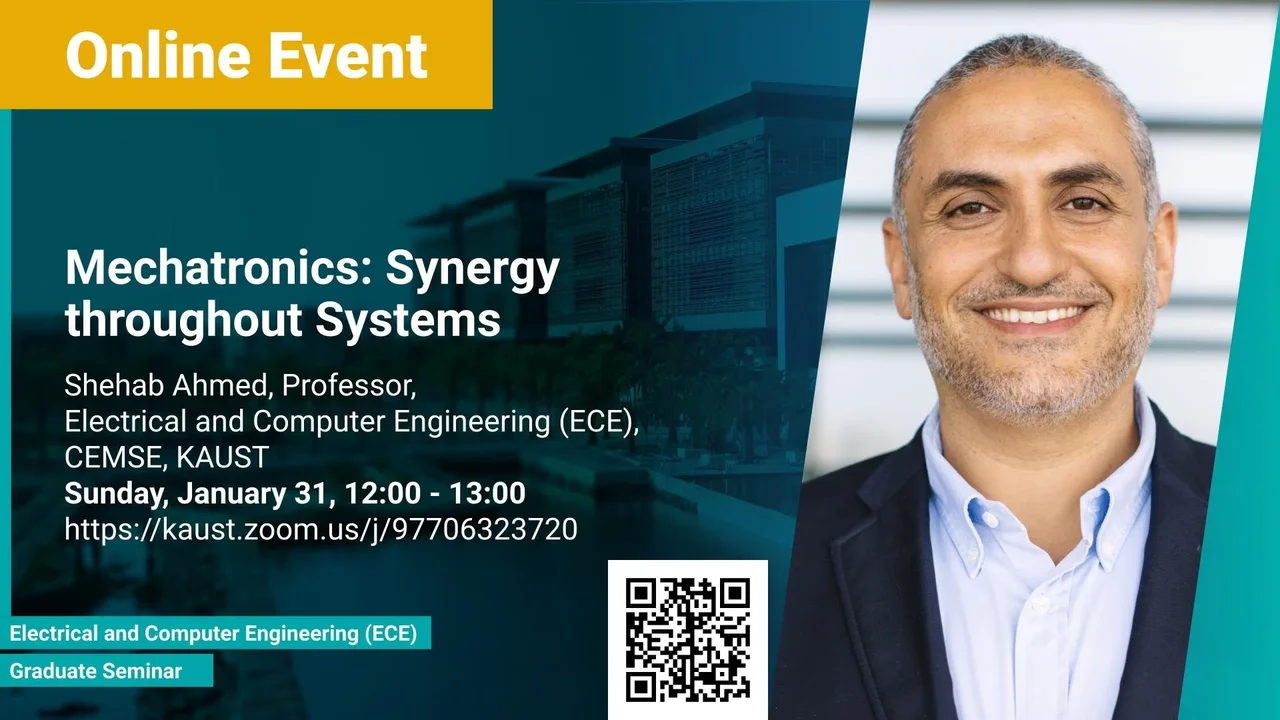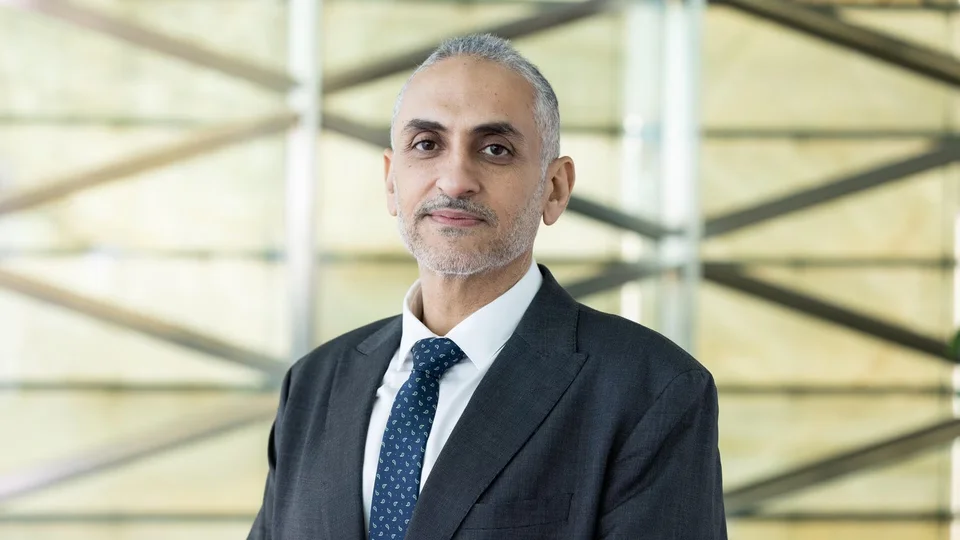
Mechatronics: Synergy throughout Systems
Actuators, electric vehicles, renewable energy systems, oil rigs and smart cities are all examples of complex systems that have evolved over time to better address societal needs. Mechatronics, the synergistic integration of electrical, mechanical and computing, has powered this evolution and enabled higher power density actuators, increased hosting of renewable energy in power grids, improved drilling efficiency and responsive cities. In this talk, I will share research highlights from the Mechatronics and Energy Systems Research Group (MERGE) to demonstrate value creation through engineered synergies.
Overview
Abstract
Actuators, electric vehicles, renewable energy systems, oil rigs and smart cities are all examples of complex systems that have evolved over time to better address societal needs. Mechatronics, the synergistic integration of electrical, mechanical and computing, has powered this evolution and enabled higher power density actuators, increased hosting of renewable energy in power grids, improved drilling efficiency and responsive cities. In this talk, I will share research highlights from the Mechatronics and Energy Systems Research Group (MERGE) to demonstrate value creation through engineered synergies.
Brief Biography
Shehab Ahmed received his BSc degree from Alexandria University in 1999; his MSc and Phd degrees from Texas A&M University in 2000 and 2007 respectively. He was a Senior Engineer at Schlumberger Technology Corporation, TX from 2001 to 2007. In the Fall of 2007, he joined Texas A&M University at Qatar as an Assistant Professor and progressed to Full professor rank in 2018. In the Fall of 2018, he joined KAUST, where he is currently Professor and Chair of the ECE program. He holds a secondary affiliation as Professor in ERPE and is a member of the Ali Al-Naimi Petroleum Engineering Research Center (ANPERC). His research interests are in subsurface mechatronics, power electronics and electromechanical energy conversion.
